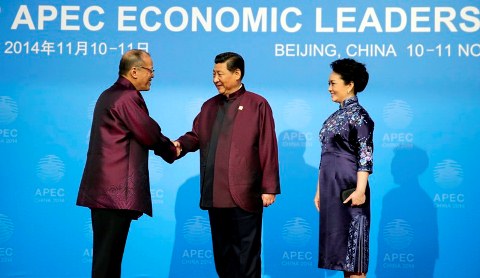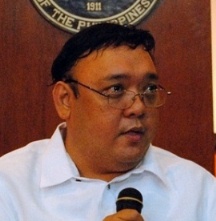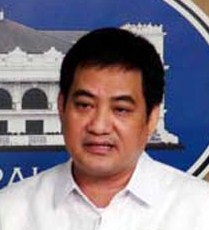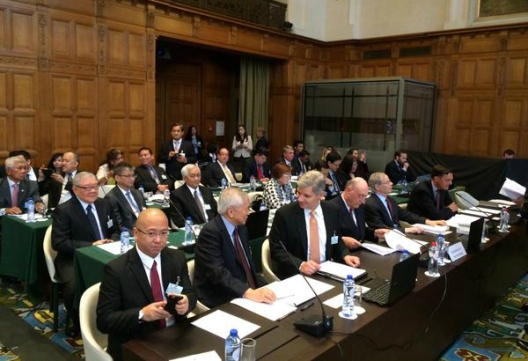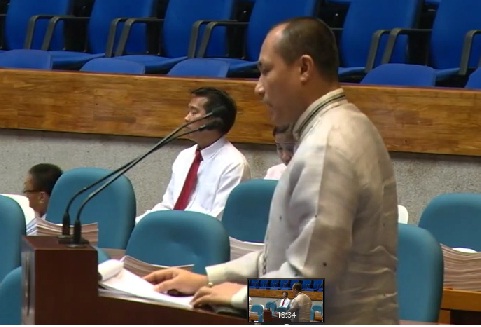China’s President Xi Jinping may boycott the 2015 Leaders Meeting of the Asia Pacific Economic Cooperation (APEC) to be held in Manila on Nov. 18 and 19, a diplomatic source said.
The source said the reason for Xi’s change of mind about attending the this year’s APEC summit was the remarks of President Aquino last month during his visit to Japan comparing China’s activities in South China Sea to Nazi Germany’s expansionism which led to World War II.
“That remark really got the ire of Xi Jinping. Didn’t Aquino think that by comparing Nazi Germany to China today, he was in effect saying Xi is like Hitler? “ the source said.
The source further said Chinese leadership considered Aquino’s remark “an insult” to the Chinese people.
If Xi doesn’t come in November, it would be the first time that the leader of the world’s biggest economy, is absent in the annual meeting of an organization that promotes sustainable economic growth and prosperity in the Asia-Pacific region.
Established in 1989, APEC is composed of 21 economies (not countries). They are Australia, Brunei Darussalam,Canada,Chile,People’s Republic of China,Hong Kong, Indonesia, Japan,Republic of Korea,Malaysia, Mexico, New Zealand, Papua New Guinea, Peru,Philippines,Russia ,Singapore Chinese Taipei,Thailand,United States, and Viet Nam.
APEC member economies are home to around 2.8 billion people and represent approximately 57 per cent of world GDP and 47 per cent of world trade in 2012.
If Xi would push through with the boycott, it would be the first time that a leader of a member economy‘s absence is due to an irritant with the host country. In 2013, U.S. President Obama didn’t attend the APEC summit in Bali, Indonesia but it was because of problems at home: failure of U.S. Congress to pass the budget caused government shutdown.
Last month’s remark by Aquino comparing Nazi Germany to China now was actually the second time he did it. He first made the comparison in a New York Times interview in February 2014.
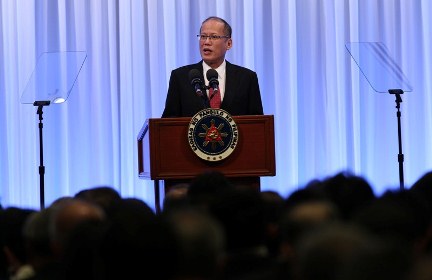 In his desire to convince countries to join the fight against China, which the Philippines has sued at the Arbitral Tribunal of the United Nations Convention on the Law of the Sea, Aquino said:“I’m an amateur student of history and I’m reminded of… (I was) just watching several documentaries on World War II and especially how Germany was testing the waters and what the response were by various other European powers. And in several instances, when he was—when he annexed Austria, when they were putting up forces, developing certainties in the Rhineland, or a lot of violations of the Versailles agreement, they tested the waters and they were ready to back down if—for instance and in that aspect—France said ‘stop.’
In his desire to convince countries to join the fight against China, which the Philippines has sued at the Arbitral Tribunal of the United Nations Convention on the Law of the Sea, Aquino said:“I’m an amateur student of history and I’m reminded of… (I was) just watching several documentaries on World War II and especially how Germany was testing the waters and what the response were by various other European powers. And in several instances, when he was—when he annexed Austria, when they were putting up forces, developing certainties in the Rhineland, or a lot of violations of the Versailles agreement, they tested the waters and they were ready to back down if—for instance and in that aspect—France said ‘stop.’
“But, unfortunately, up to the annexation of the Sudetenland in Czechoslovakia, and eventually, the annexation of the entire country of Czechoslovakia, nobody said ‘stop.’ And the commentators on these documentaries were saying: ‘What if somebody said stop to Hitler at that point in time or to Germany at that time? Could we have avoided World War II?’”
Foreign Ministry Spokesperson Hua Chunying said,” We are deeply shocked at, strongly dissatisfied with and opposed to the absurd remarks made by the Philippine leader.”
As a sign of Beijing’s displeasure, Chinese Ambassador to the Philippines Zhao Jianhua was a no-show at an event marking the 40th anniversary of the establishment of Philippine-China diplomatic relations last June 8 where President Aquino was the guest speaker.
Aquino extended the invitation to Xi for the Manila APEC summit when he attended the 2014 summit in Beijing last November. Aside from the formal Leaders’ meeting, Xi and Aquino had a pre-arranged 10-minute talk during the tree planting ceremony of leaders.
The brief meeting somehow thawed the strained relations between the two countries. In the last few months, however, tension between the two countries has intensified with the massive reclamations of China in its occupied features in the Spratlys.
Last week, the U.N. Arbitral Court at The Hague, Netherlands started the hearing of the case filed by the Philippines against China.
The rhetorics hurled against each other over South China Sea have caused widespread enmity between Filipino and Chinese people.
Last month, to mark Philippine Independence day, a protest rally was held in front of the China’s Consulate. The source said Chinese officials are worried that Xi would be subjected to protest rallies if he comes to Manila in November.
